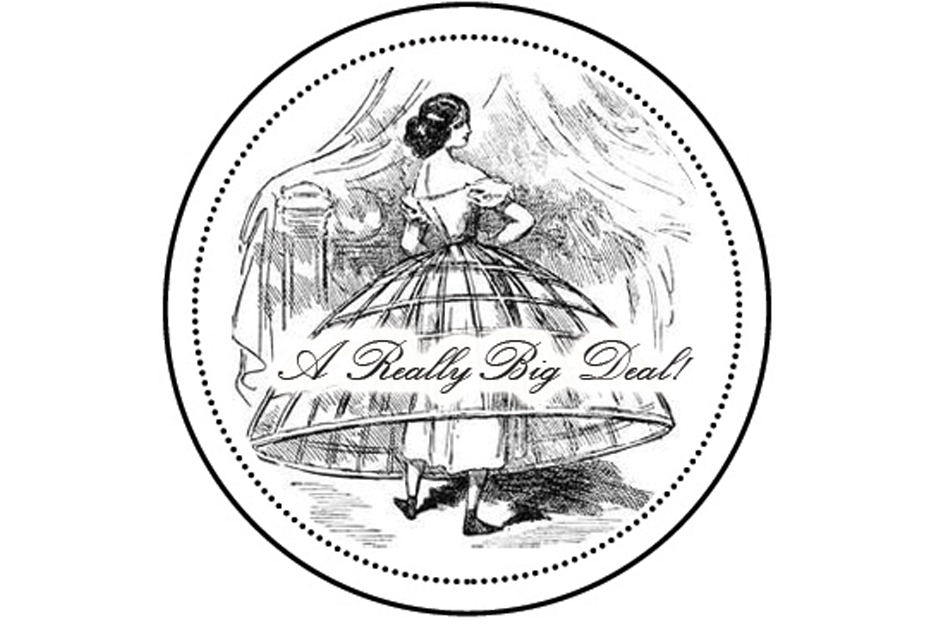 The “Buffalo Gals” have extensively researched and authentically designed & built ensembles to meet the needs of clients needing historic interpreters. Enjoy their journey in costume and character development, and the events that follow on their individual web pages:
The “Buffalo Gals” have extensively researched and authentically designed & built ensembles to meet the needs of clients needing historic interpreters. Enjoy their journey in costume and character development, and the events that follow on their individual web pages:
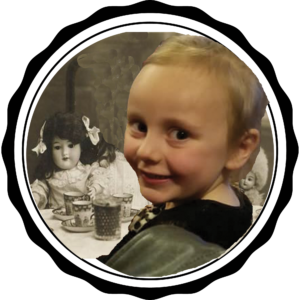
Alex Hurst 1860 Orphan to “Mama’s Girl”
Click here to go to Alex’s web pages in process
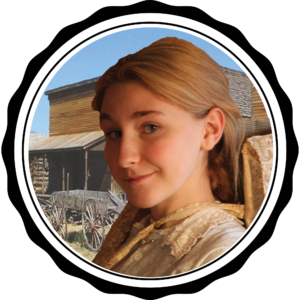 Bailey Phillips 1866 Pioneer (Adapting Fiona’s Ensemble)
Bailey Phillips 1866 Pioneer (Adapting Fiona’s Ensemble)
Click here to go to the Ensemble Page
AND
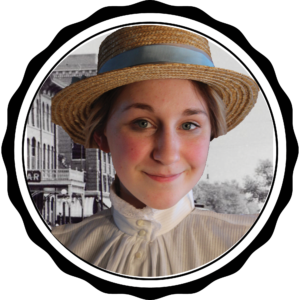
1902 Government Secretary
Click here to go to Bailey’s pages
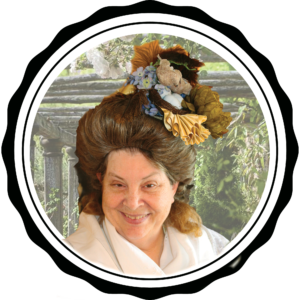
Carol Dean 1765 Tory Hostess
Click here to go to Carol’s pages
AND
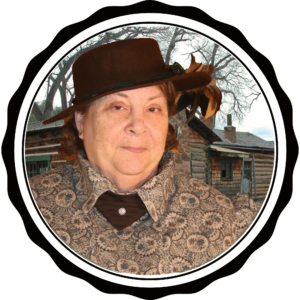
as Caroline Lockhart, Cody Entrepreneur 1910
Click here to go to Carol’s Caroline pages
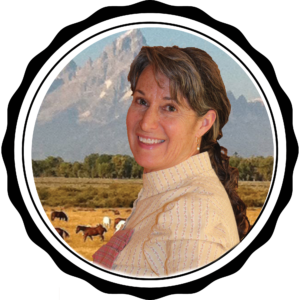
Chris Davis, 1898 Livery Owner (research coming)
AND
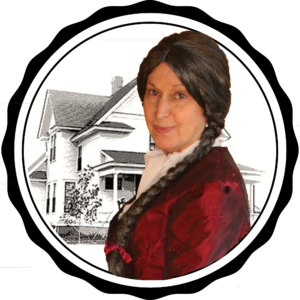
1879 Mayor’s Wife
Click here to go to Chris’ pages
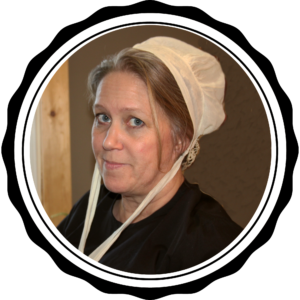 Diane Svaty, 1865 Pioneer & Maid (research coming)
Diane Svaty, 1865 Pioneer & Maid (research coming)
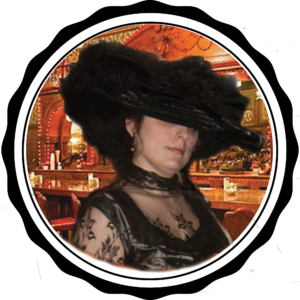
Doty Flowers, 1909 World Renowned Artist
Click here to go to Doty’s pages
AND
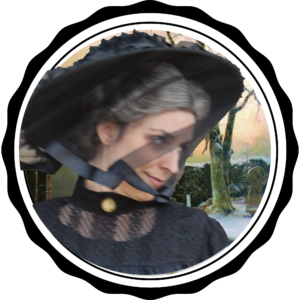 1903 Mourning Maid
1903 Mourning Maid
Click here to go to Doty’s Maid pages
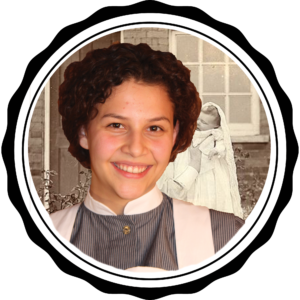
Eliana “Ellie” Karhu, 1910 Nurse
Click here to go to Ellie’s pages
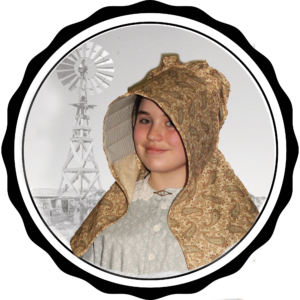
Fiona Buker, 1866 Alabama Plantation Girl on the trail to Nebraska
Click here to go to Fiona’s pages
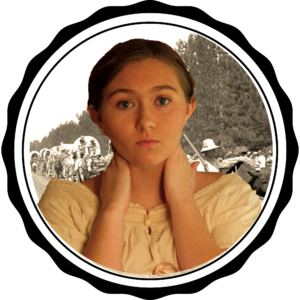
Grace Kirkland, 1868 Pioneer (Adapting Kristi’s ensemble)
Click here to go to the “Kristi” pages
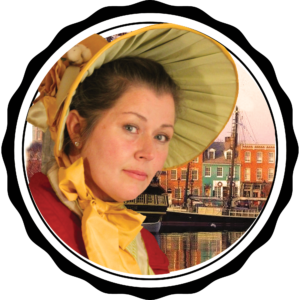
Holley Kirkland, 1808 French Socialite
Click here to go to Holley’s 1808 pages
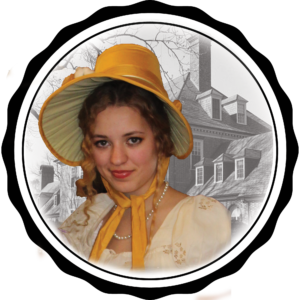
Jacinta Schneider, 1805 Wealthy Merchant’s Daughter
Click here to go to Jacinta’s 1805 pages
AND
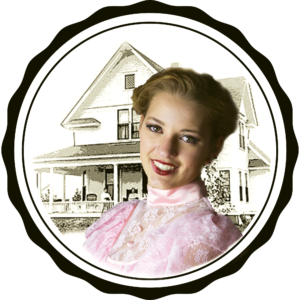
1884 Mayor’s Wife
Click here to go to Jacinta’s 1884 pages

Jenny Schneider as Jeannette Rankin, Congresswoman 1902-1916 (research coming)
Jenny’s Rankin Pages to Come!
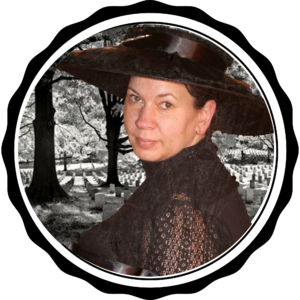
1903 Mourning Maid
Click here to go to Jenny’s pages
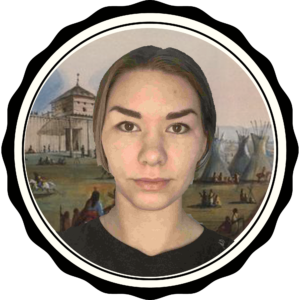
Jessica Wooten, 1849 Lander Trail Trader
Click here to go to Jessica’s 1849 Trader Pages
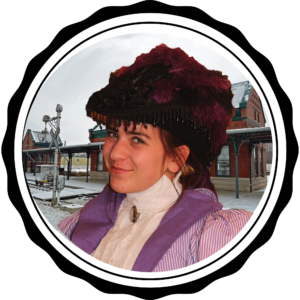
Kateri Schneider, 1895 Traveling Reporter
Click here to go to Kateri’s 1895 Reporter pages
AND
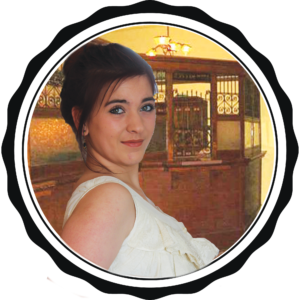
1899 Western Bank Robber (research coming)
Click here to go to Kateri’s 1899 Bank Robber pages
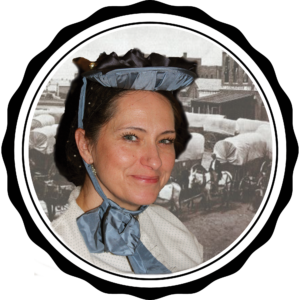
Kristi Harder, 1868-72 Pioneer & Settler
Click here to go to Kristi’s pages
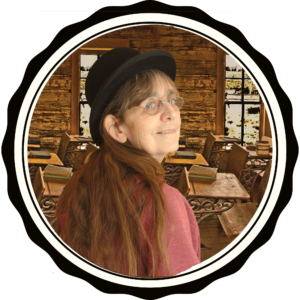
Mary Colling. 1887 Wyoming Homestead Teacher
Click here to go to Mary’s pages
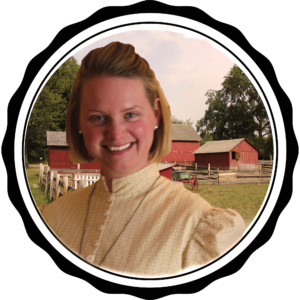
Melissa Urick, 1885 Dairy Farm Wife
Click here to go to Melissa’s pages
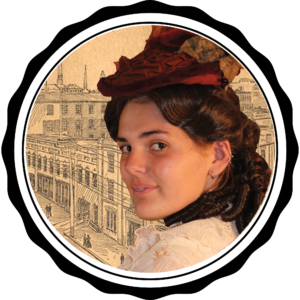
1874 Land Investor (research coming)
Click here to go to Rachel’s pages
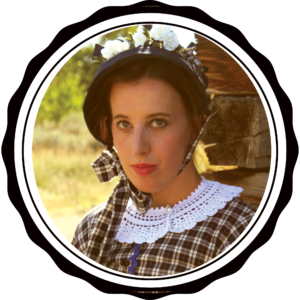
Sary Svaty, 1856 Lumber Camp Cook (research coming)
Click here to go to Sary’s pages
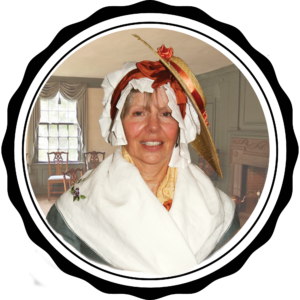
Shelly King, 1790 Small Town Patriot
Click here to go to Shelly’s pages
AND
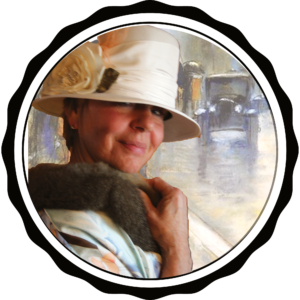
1912 Titanic Socialite
Click here to go to Shelly’s Titanic pages
AND
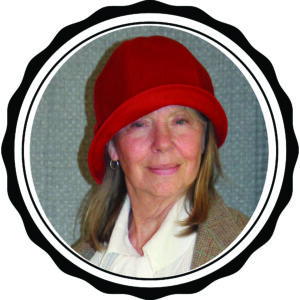
1925 Wyoming 1-Room School Teacher
Click here to go to Shelly’s Teacher pages
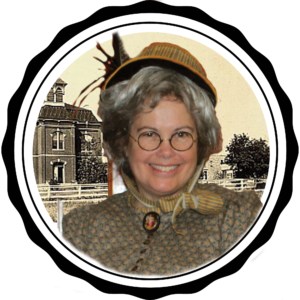
Suzi Sellers, 1883 Wyoming Preacher’s Wife
Click here to go to Suzi’s pages
AND
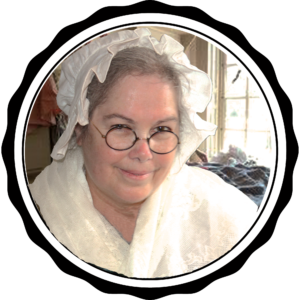
1776 Mantua-maker
Click here to go to Suzi’s 1776 Mantua-maker pages
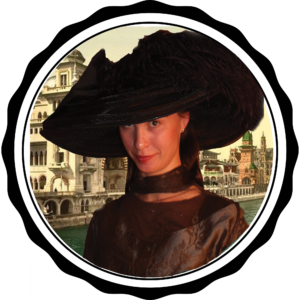
Tiss Svaty, 1905 High Fashion Designer
Click here to go to Tiss’ pages
 Development of a complete authentic, beautiful, historical period costume is done in many steps over a period of weeks or months:
Development of a complete authentic, beautiful, historical period costume is done in many steps over a period of weeks or months:
- General Time Period research: including environmental, political, economical, & social factors & their influence to fashion in the world.
- Era Specific research: those same factors in the character’s narrower world view.
- Character development: study in the mental & physical state of the person to be portrayed including their views on the world, social status, availability to materials, & special stories, personality quirks, or insight into how they might think & behave that can help enhance the performance.
- Design concept: research on garments required, materials for that character based on historical samples.
- Design development: decisions on materials & methods that will be used, including dyes, colors, patterns, etc.
- Materials acquistion/Final Design: final sketches for customer approval, showing details & methods to be used, & based on real materials currently available (modification of original concept to suit modern methods & availability).
- Construction: starts with the garment closest to the body (usually the chemise), and builds to the outer garments & then accessories “from the underwear up”.
- Completion: adjustment & details including period markings, fancy work, or additions.

Click here to go back to top of page

